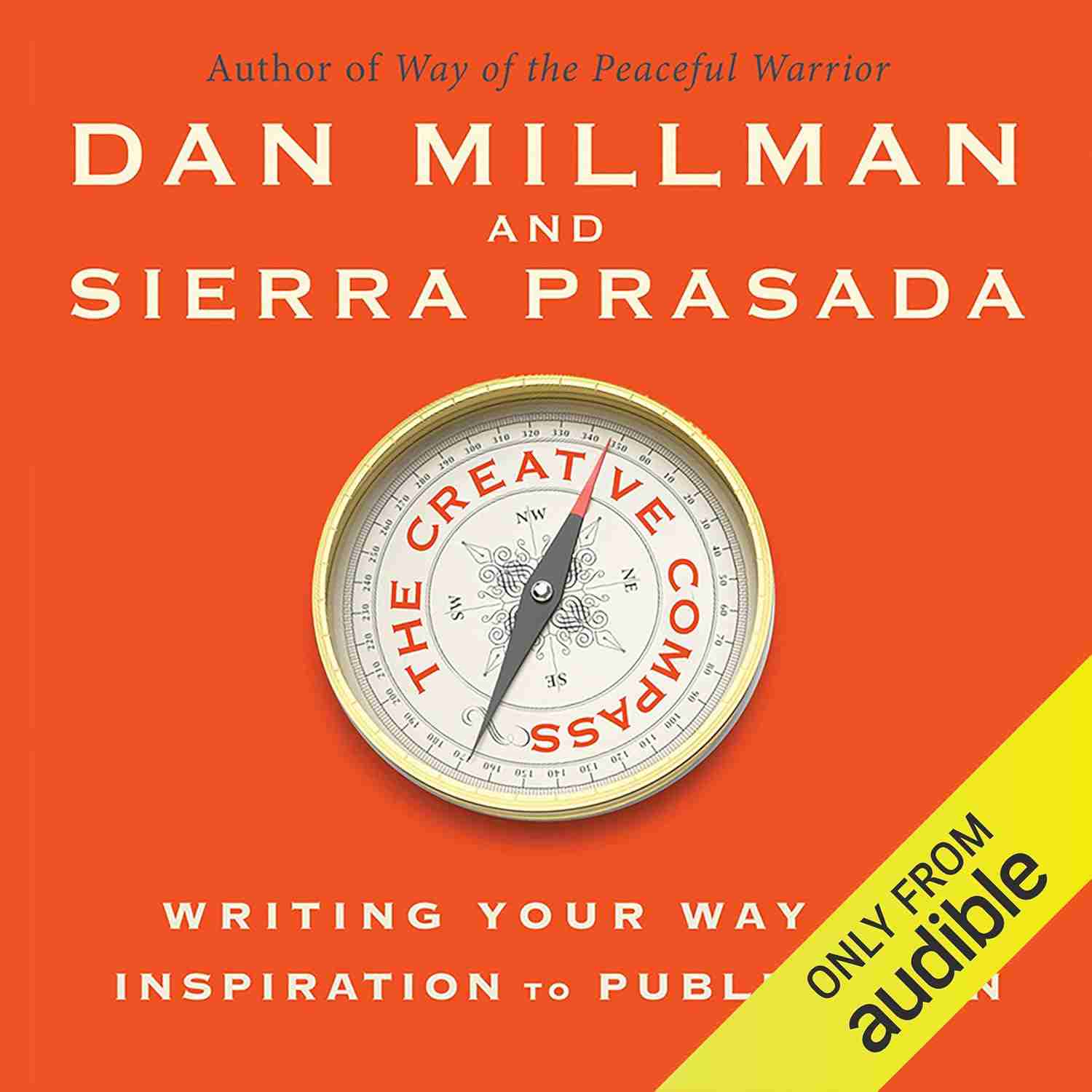
As someone who's been juggling between drafts and self-doubt, 'The Creative Compass' felt like a mentor handing me a roadmap. The 'Dream, Draft, Develop, Refine, Share' framework isn’t just catchy—it’s actionable. I found myself scribbling notes in the margins during my morning coffee sessions, especially on the tip about ending each writing session mid-thought. Genius! It erased my 'blank page paralysis.'
What surprised me was the candid talk about publishing routes. The nine-sales breakdown (from advance readers to bookstore buyers) was an eye-opener. I’d always assumed landing an agent was the finish line—turns out, it’s just hurdle three! Their warning about vanity presses saved me from a shady $3K 'publishing package' I nearly fell for last month.
The book shines when dissecting storytelling mechanics. The 'Master Metaphor' concept initially confused me too (like another reviewer mentioned), but after applying it to my fantasy WIP—imagining my protagonist’s journey as a wilting orchid regaining color—the theme clicked into place. Not every analogy lands perfectly, but the sticky ideas section helped me kill off a self-indulgent subplot that only mattered to me.
Is it flawless? No. The Kindle version’s lack of page numbers (a legit gripe!) forced me to buy the paperback for easier referencing. And while the co-authors’ dual perspectives enrich most chapters, occasional tonal shifts between Dan’s spiritual vibe and Sierra’s pragmatic voice can feel disjointed.
Weeks later, my dog-eared copy still lives on my desk. When writer friends ask for advice, I gift them this instead of rambling—it covers everything from crafting suspenseful dialogue to negotiating royalties. Whether you're drafting your debut novel or navigating indie publishing swamps, this compass won’t let you wander aimlessly.

